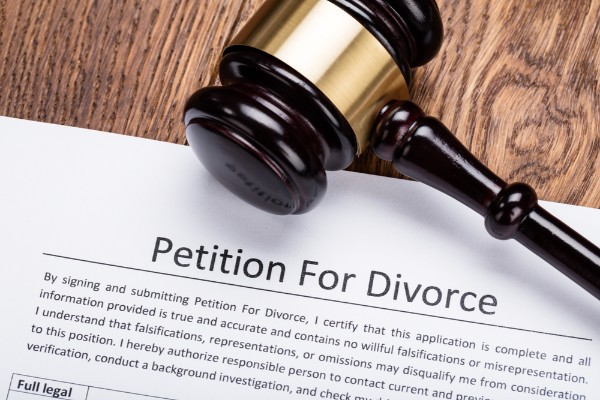There’s no denying that fathers are important in their children’s lives. In fact, studies have shown that a dad’s relationship with his children impacts their emotional and social development, as well as their future success. That important bond may become estranged when moms and dads split up. When it comes to dads and divorce, men have the same rights and obligations when it comes to custody and visitation agreements.
Custody and Visitation: What Judges Want to See
In the past, mothers often were given preference in custody decisions. However, California courts famously rule ‘in the best interests of the child’ for child-related issues. Sometimes handing custody to the moms is not best. When considering moms, kids, dads and divorce, judges look at several factors to find the right custody and visitation arrangements:
- The age and health of the children;
- Emotional bonds between parents and kids;
- Each parent’s ability to adequately care for the kids;
- Family violence or substance abuse incidents; and
- The children’s relationships at school, at home and in their community.
Fathers who bond with their children, who can support their children, and who have a clean record generally are likely to get favorable custody and visitation arrangements.
Father’s Rights Include Child Support
The financial obligations of raising children are not the responsibility of only one parent. In fact, both parents are expected to provide financial support for their kids.
When fathers have primary legal or physical custody, they have the right to expect child support from the children’s mother.
Parental Responsibilities in a Divorce
Kids should never be pawns sacrificed so one parent or the other can ‘win’ the divorce battle. Moms and dads alike should focus on what is best for their children. So, it’s important to remember what was mentioned above – fathers are important in their children’s lives.
Both parents have the responsibility of supporting their children. However, support comes in many forms, which includes just being there for the kids.
Dads may level the custody-and-support playing field by:
- building and maintaining relationships with their children;
- obeying all court orders regarding the kids;
- make acting in the best interests of their children their top priority.
Learn More About Dads and Divorce
Dads, you don’t have to give up your kids just because your marriage ended. You can have awesome relationships and liberal custody arrangements. Considering a father’s influence over his children, it’s certainly a relationship worth protecting.
The attorneys at the Law Offices of Judy L. Burger are experienced at all phases of divorce proceedings. Call us at 415-293-8314 to schedule a private appointment or visit our website. We maintain offices in San Francisco, Beverly Hills, Marin County, Santa Barbara, Ventura/Oxnard, San Jose, Gold River (Sacramento), and surrounding communities.










